“The fine Tea produced on Mount Mengtong, known as Wandian tea, is best when harvested before the Grain Rain.” This excerpt comes from the Ming Dynasty's “Yunnan Atlas and Local Records of the Jingtai Period,” referring to what is now the towns of Wandian, Gengga, and Mengtong in Changning County, and describing their tea production.
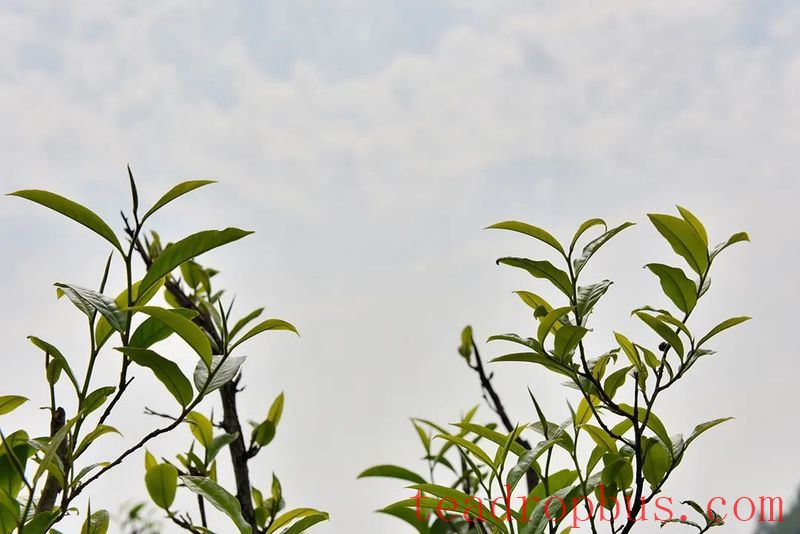
The specific location of the historical “Mount Mengtong” remains undetermined, but the areas mentioned do indeed have tea – not only modern tea plantations but also ancient tea trees that have withstood the test of time. Arguing over which town, village, or mountain it refers to has little substantive meaning; the most significant aspect of this record is that tea was being produced in today's Changning area as far back as the Jingtai period of the Ming Dynasty (1450-1457 AD), making it one of the few recorded tea regions at the time.
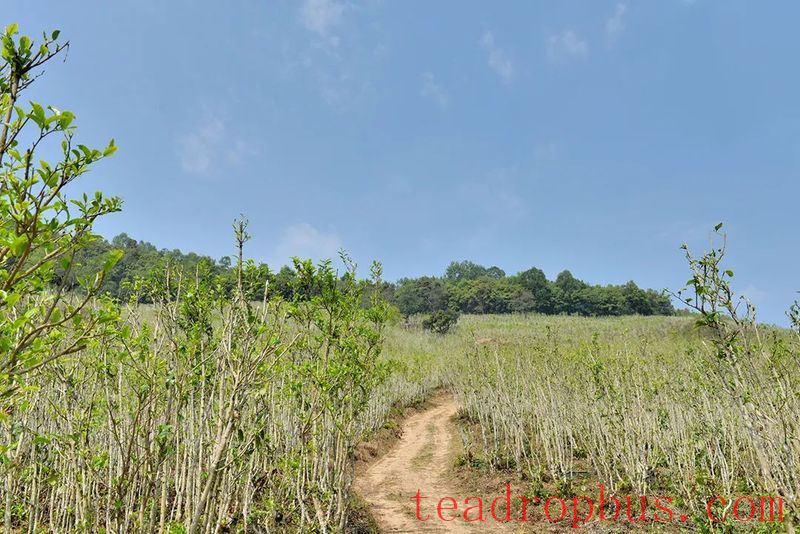
Zhizhu Mountain in Mengtong Town is one of the places associated with the historical “Mount Mengtong.” A few years ago, the tea from Zhizhu Mountain was not well-known, and no one recalled the reference to “Mount Mengtong.” It wasn't until seven years ago, when a local nicknamed “Big Beard” arrived, that the tea of Zhizhu Mountain began to gain recognition beyond its immediate surroundings.
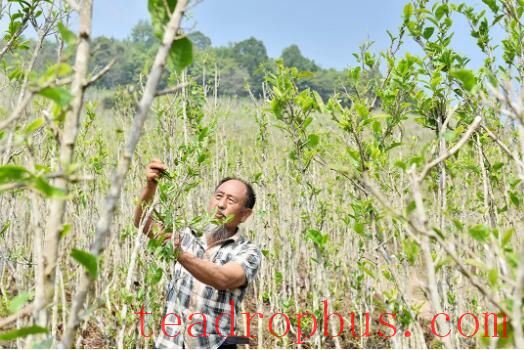
“Big Beard,” whose real name is Dong Lin, is originally from Xinqing in Mengtong. He used to sell tea elsewhere for many years and later returned to Huangjiazhai in Mangshui to start a tea factory. In 2025, Dong Lin accidentally discovered an old tea plantation near the forest on Zhizhu Mountain and fell in love with the place, deciding to return home to manage this tea plantation.
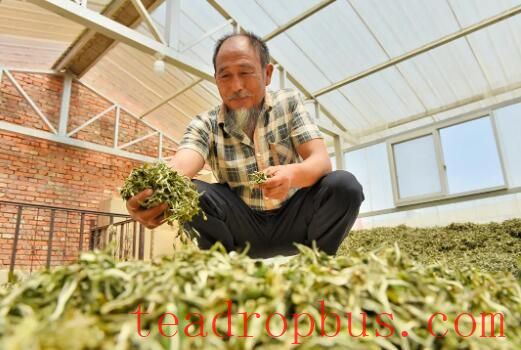
Dong Lin said, “This tea plantation was established as a collective plantation by the Mengtong Commune in the 1960s. I was young then, but I remember the story. When I saw the plantation by chance, memories of that era came flooding back. Back then, almost every village and school had a base. We even picked and processed tea at our school and the brigade's tea mountain while we were studying. Perhaps it was this sentiment that made me want to stay and take care of this plantation. After discussing it with my family, I bought the operating rights to the plantation.”
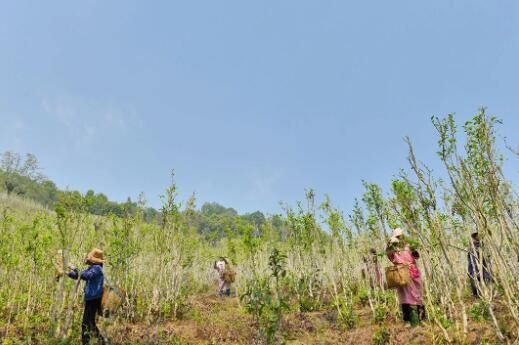
“Our organic ecological tea plantation sits at an altitude of around 1,800 meters, with abundant rainfall, pleasant climate, and excellent conditions for growing high-quality tea with distinct characteristics and rich internal substances,” Dong Lin proudly shared about his ecological tea plantation. “We grow premium large-leaf tea varieties native to Yunnan here. Most of these plants are about 60 years old, and some of the older trees date back even further. The tea from this plantation is mainly processed into White Tea and Black Tea, both of which are appreciated for their fresh aroma and are very popular among buyers.”
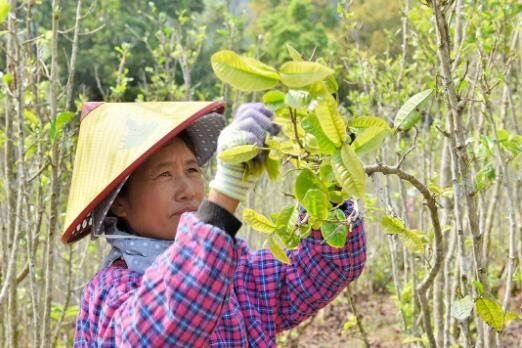
In the tea plantation, slender branches of tea trees reach towards the blue sky, and fresh, tender buds dance in the wind at the tips. A dozen tea pickers move carefully between the tea trees, gently pulling down branches and plucking the tender leaves. As Dong Lin watches them, he says, “Everyone, be careful when picking tea. Remember to leave some leaves and don't break off the hoof. Only by nurturing the tea trees properly can we make good tea. By doing so, our tea will sell better, and everyone can earn more money.”
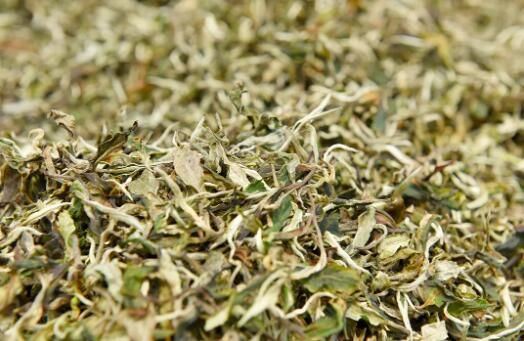
“This tea plantation underwent pruning and clearing just after the winter. We need to cultivate the tree shapes well going forward. That's why we require the tea pickers to pick low rather than high, and inside rather than outside, allowing the tea trees room to grow,” Dong Lin explained. “In two or three years, our tea mountain will look much better, becoming a true tea forest.”
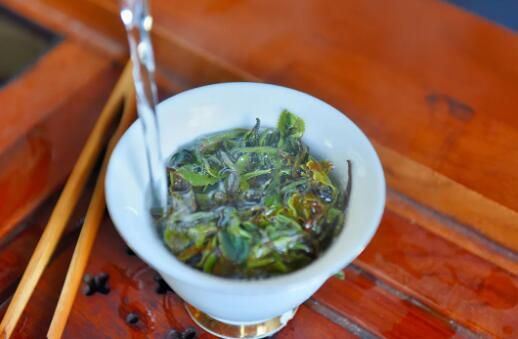
“This organic tea may appear malnourished, with less plump tips, but consumers find it satisfying and healthy. Even eating it raw tastes great,” Dong Lin said, plucking a fresh leaf and chewing it while speaking. To achieve the goal of providing a healthy drink that consumers can trust, the tea plantation has obtained organic certification and adopts a free-range management model, using manual weeding and digging, applying livestock manure as fertilizer, and avoiding pesticides entirely.
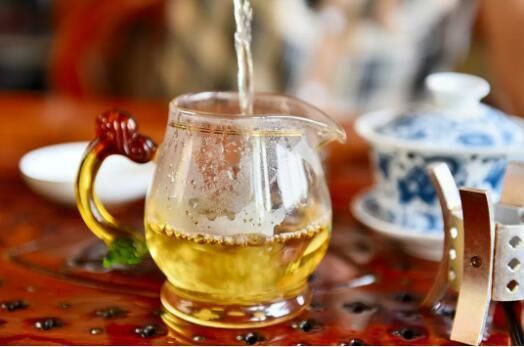
“There are thousands of flavors of tea, and the right one is the one that suits you. I won't claim my tea is better than others', nor will I say Changning's tea is superior to that of other places, because the goodness of tea lies in each tea drinker's personal experience. But I will say that Changning has incredibly rich tea resources, well worth exploring for those who love tea,” Dong Lin said, hoping more consumers, tea enthusiasts, and tea professionals would visit the mountainside to personally understand the quality of the tea from Zhizhu Mountain and Changning.
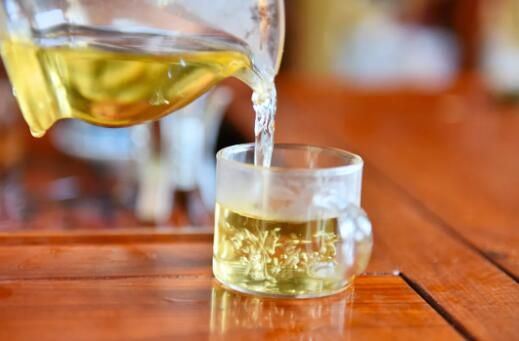
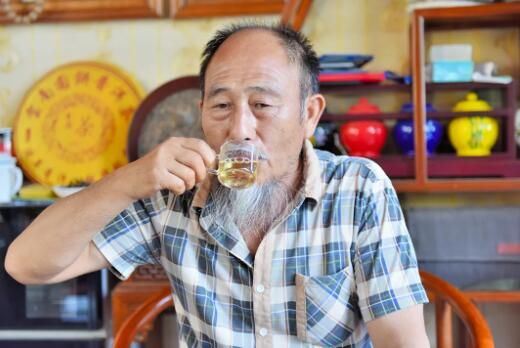
Dong Lin said, “Visiting Changning, you'll surely have no regrets. You won't know how amazing it is until you come, and once you do, you'll fall in love with its teas and never be able to give them up.”